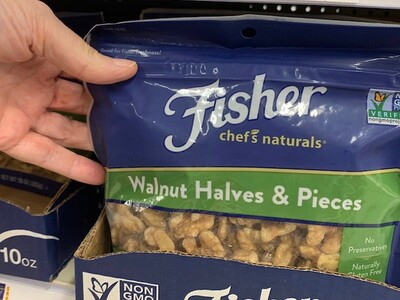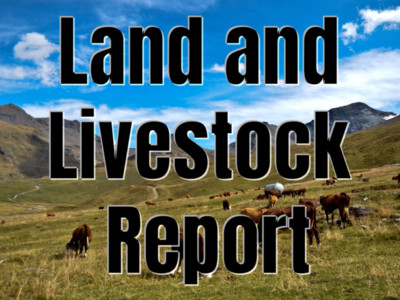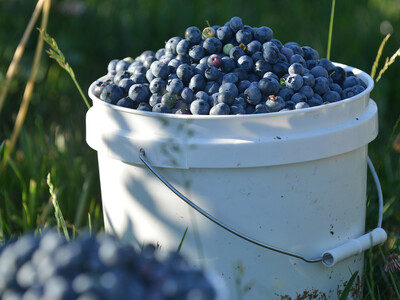Invasive mussels
Idaho Continues Work on Invasive Mussels in Aquarium Products
Since detections of zebra mussels in aquarium products last week, the Idaho State Department of Agriculture (ISDA) has continued working in coordination with state and federal partners to further identify retail distribution, collect affected products, and ensure proper disposal. This collaborative approach has included several activities:
Activation of the Columbia River Basin Rapid Response Plan
As a standing member of the Columbia River Basin Team, ISDA participates in multi-agency coordination for planning purposes outside of emergencies and also during incidents requiring coordinated response. The CRB Team includes state, federal, Tribal, and university partners which strategize response models and planning for invasive species detections.
U.S. Fish and Wildlife Service
This week, the U.S. Fish and Wildlife Service (USFWS) assigned enforcement officers to visit pet and aquarium vendors and aquarium product distributors/wholesalers across the country in order to continue the traceback of product origination, retail distribution and sales, and if samples show the presence of zebra mussels. Not all states have invasive species program equipped for enforcement actions, so USFWS activities help to ensure a nationwide response to the issue. USFWS is coordinating with Idaho and other states with invasive species programs to avoid duplication of work. USFWS also is investigating what federal regulations or statutes may have been violated. USFWS is handling any follow-up on possible violations.
Effective March 10, USFWS updated their recommendations for treatment and disposal of moss balls, water, and other affected aquarium material. Again, USFWS’s approach must anticipate needs and requirements across the entire country and not just in individual states. ISDA appreciates these new recommendations and considers them the most current and relevant recommendation. Recommendations from northwest states were developed to be consistent with the regional partners, but the new recommendations better address concerns with treatment of water and products before disposal. The new recommendations for Destroy! Don’t Dump! can be found on the USFWS website.
New recommendations specify additional disposal requirements:
DO NOT dispose of moss balls in drains, waterways, or gardens. Moss balls must be destroyed and disposed of in a sealed container in the trash.
DESTROY moss balls by freezing, boiling, or by submersing in chlorine bleach or undiluted white vinegar.
DISPOSE of moss balls and any packaging in a sealed plastic bag in the trash. If vinegar, boiling water, or bleach was used, the liquid can be disposed of down a household drain but never down a storm drain where it could enter and damage local waterways.
DRAIN and clean the aquarium using either a hot water or disinfection method, keeping manufacturer recommendations in mind.
Continued Investigation in Idaho
ISDA staff have continued to investigate additional distributors shipping product to Idaho retail stores. ISDA’s intent is to verify presence or absence of invasive mussels. To date no additional distributors or Idaho retail stores have been identified with contaminated aquarium stock. ISDA recommends all aquarium owners carefully examine their own material for invasive species and follow the steps to safely dispose of contaminated material.
ISDA recommends the public contact the Idaho Invasive Species Program hotline at (877) 336-8676 or via email at info@isda.idaho.gov.
This investigation effort is ongoing and evolving. We encourage stakeholders to check for updates on the ISDA Invasive Species website – invasivespecies.idaho.gov.













